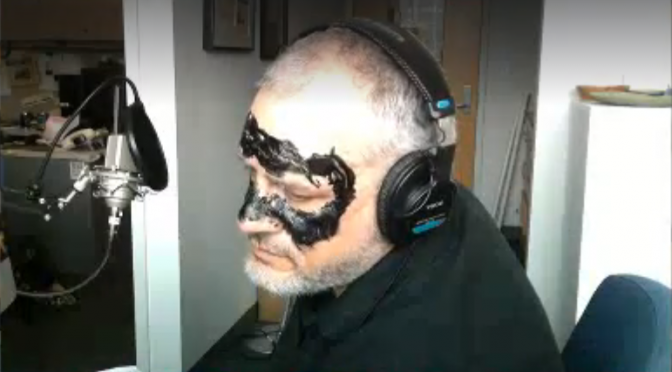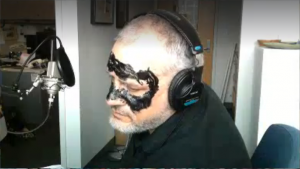Podcast: Play in new window | Download (Duration: 1:00:38 — 83.3MB)
Subscribe: Spotify | RSS | More
What do you do when you’re pulled in too many directions?

The world of work, and medical school, is often about adjusting for a number of “top” priorities. Dave’s been having one of those weeks where his work is pulling him in several directions at once, and thought to ask his co-hosts Erin Pasaski, Patrick Brau, Elizabeth Shirazi, and Kaci McCleary what techniques they use when they, inevitably, find themselves struggling to manage all of the important tasks med school throws at them.
Also, since the CCOM Writing and Humanities Program exists to bring art into the lives of busy med students, Dave went out and bought playdough so his co-hosts could flex their sculpting skills on common patient complaints. Visit our Facebook page for the gallery!
This Week’s Medical News…
Speaking of priorities, Ars Technica takes note of the FDA’s somewhat lackadaisical interest in surveilling the cosmetics and hair care industry, and why that should probably change. Will flu shots (and other vaccination injections) soon be replaced by a tiny bed of nails? And Dave warns medical students not to study with their phones in the same room.
We want to hear from you.
If you have something to say or a question to ask, and think we are the best people to do so, who are we to question your judgement? Call us at 347-SHORTCT any time, and email theshortcoats@gmail.com.
Continue reading Harry Potter and the Suddenly Bald Litigant



















